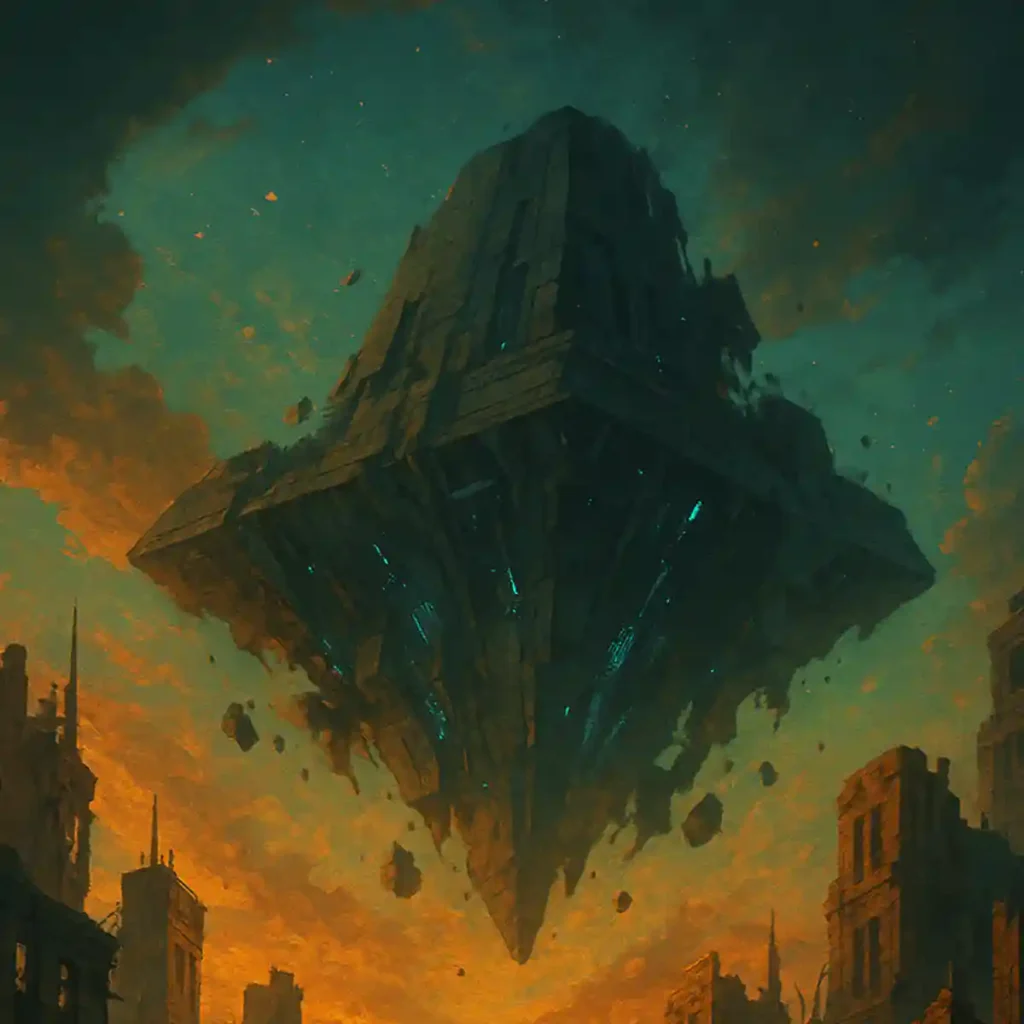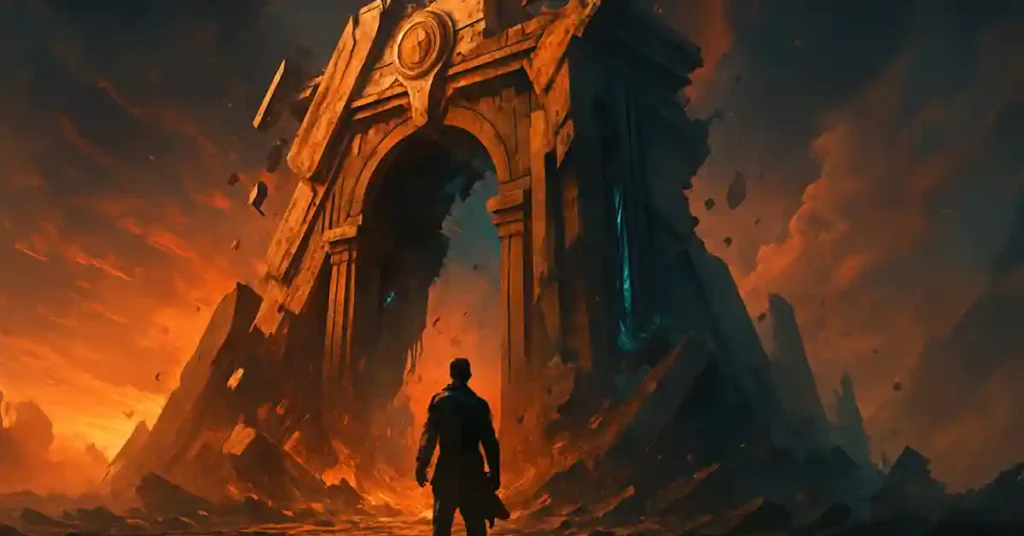For decades, science fiction glorified space empires, colonization of new worlds, and the expansion of civilization—usually by Earth-based powers. But in recent years, a new wave of stories has flipped the script, asking harder, more honest questions. What if the empire is the villain? What if colonization—whether of land, culture, or time—isn’t heroic, but destructive?
That’s the power of anti-colonialism in science fiction—and it’s quickly becoming one of the most meaningful and relevant themes in the genre today.
A Shift in Perspective: From Conquerors to Resistors
Classic sci-fi often borrowed directly from colonial narratives: brave humans “discovering” alien worlds, civilizing primitives, or bringing order to chaos. Think Star Trek’s Prime Directive (often broken), or the world-building of Dune with its desert planet ripe for exploitation.
But newer stories are pushing back. They center voices that were once background noise—or worse, the obstacle. They examine systems of power, not just the people who benefit from them. And they hold a mirror up to our real history of empire, occupation, and cultural erasure.
Why It Matters Now
Science fiction has always been about imagining different futures. But today, it’s just as important to reimagine the past and the present—to question the foundations of the futures we’ve been sold.
In an age of climate displacement, indigenous land back movements, and growing awareness of historical injustice, anti-colonial sci-fi becomes not just artistic, but necessary. It allows us to ask: What would freedom really look like? Who decides what “progress” means? And what happens when we dismantle the old empires?

Recent Works Exploring Anti-Colonialism in Sci-Fi
Here are a few powerful examples of how this theme is being explored:
The Silent Guardian by Dylan Callens
In The Silent Guardian, the anti-colonial message unfolds subtly but profoundly. Adam, a time-traveling warrior trained by the secretive Phylax, gradually discovers that the organization he believed was protecting the timeline is in fact enforcing a colonized history—one they authored. As Adam begins to question the Phylax’s narrative, he takes a stand against them, uncovering the lies used to justify their control. His rebellion becomes an act of decolonizing time itself—and a powerful metaphor for breaking free from inherited systems of power. Read the first chapter of The Silent Guardian here.
Iron Widow by Xiran Jay Zhao
A fierce, feminist twist on mecha sci-fi, Iron Widow reimagines China’s historical figures through a dystopian lens where young pilots are sacrificed to uphold a brutal war machine. The novel unpacks gendered oppression and imperial power structures, with protagonist Zetian rejecting her assigned role in a violently colonized system. Through her rebellion, Zhao delivers a sharp critique of cultural erasure and systemic control, making Iron Widow a bold entry in the wave of anti-colonial science fiction.
The Terraformers by Annalee Newitz
This novel imagines a future where planets are engineered by corporations—and populated by sentient workers bred for servitude. The resistance is rooted in anti-colonial logic: reclaiming land, dignity, and self-determination in the face of engineered inequality.
The Space Between Worlds by Micaiah Johnson
Johnson’s multiverse tale follows a woman from the wrong side of the tracks—literally, and multiversally—who’s used by a powerful elite to navigate alternate worlds. The novel brilliantly deconstructs colonial access to resources, people, and identity across dimensions, forcing readers to confront who gets to explore and who gets exploited.
An Unkindness of Ghosts by Rivers Solomon
Set on a generation ship rigidly divided by race, labor, and class, Solomon’s work is a blunt critique of plantation logic translated into space. The protagonist’s journey isn’t just about survival—it’s about revolution, memory, and reclaiming power from an unjust system.
Sci-Fi as a Tool of Liberation
At its best, science fiction gives us tools to imagine better worlds. But to build them, we must first recognize the broken systems we’re standing on.
Anti-colonialism in science fiction matters because it challenges the default settings of storytelling. It elevates voices that were silenced. It demands that we question the narratives we’ve inherited—from history books, from media, from empire itself.
And most importantly, it reminds us that imagining justice—across galaxies or timelines—is never out of reach.
Final Thought: Decolonize the Future
As anti-colonialism becomes more prominent in science fiction, it’s helping reshape the genre from one of conquest into one of critique—and ultimately, liberation.
If you’re a reader who wants stories that go beyond the shiny veneer of space empires and grapple with what power really looks like, this new wave of sci-fi is for you.
Because the future isn’t neutral. And in science fiction, who writes the story still matters.
